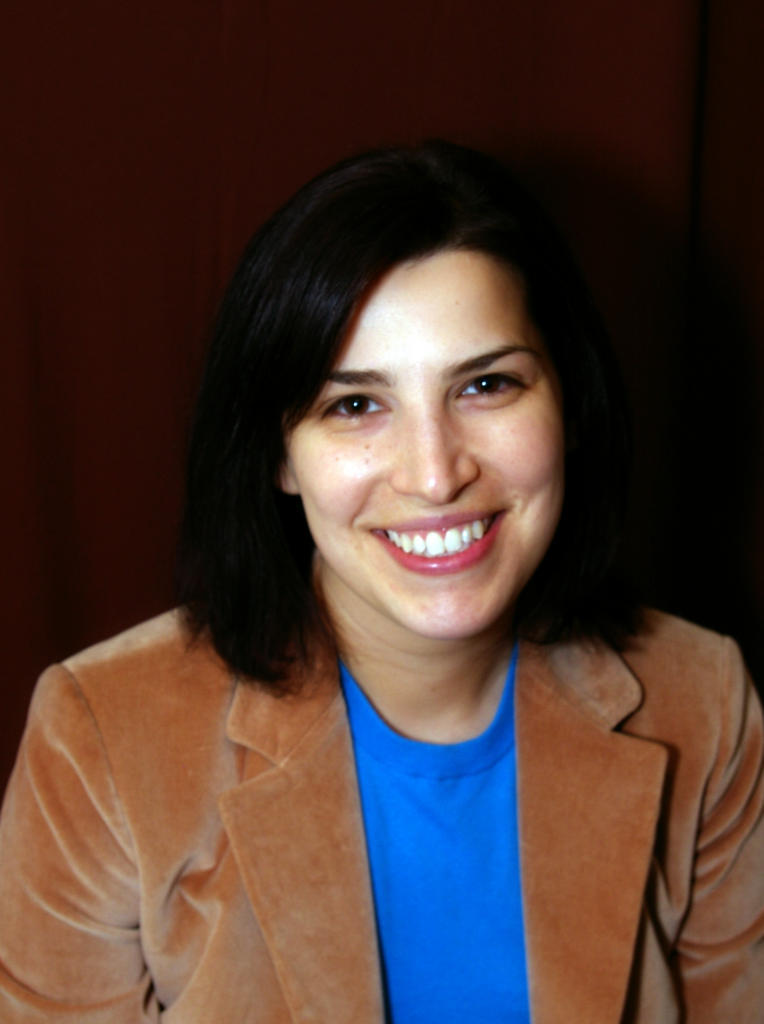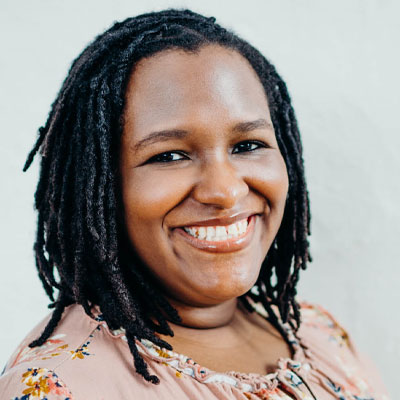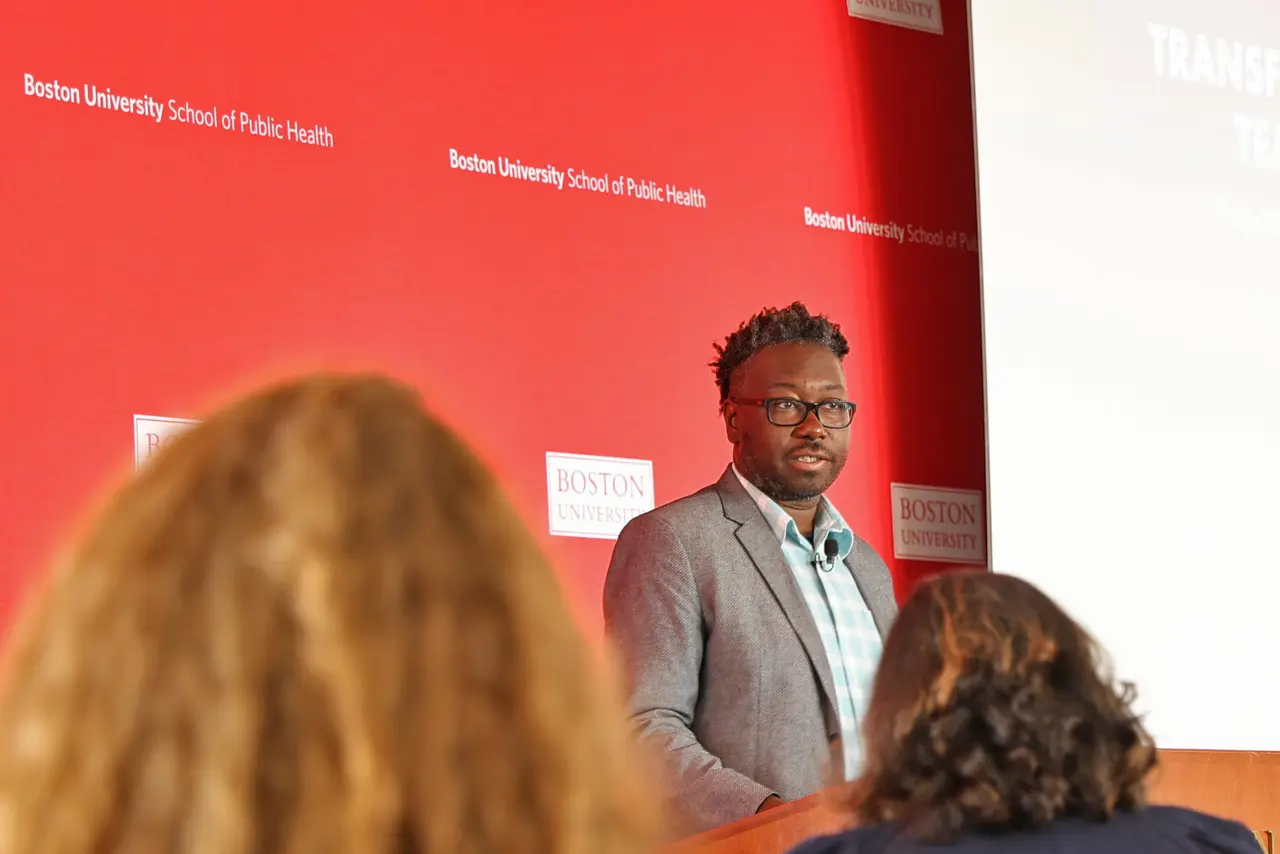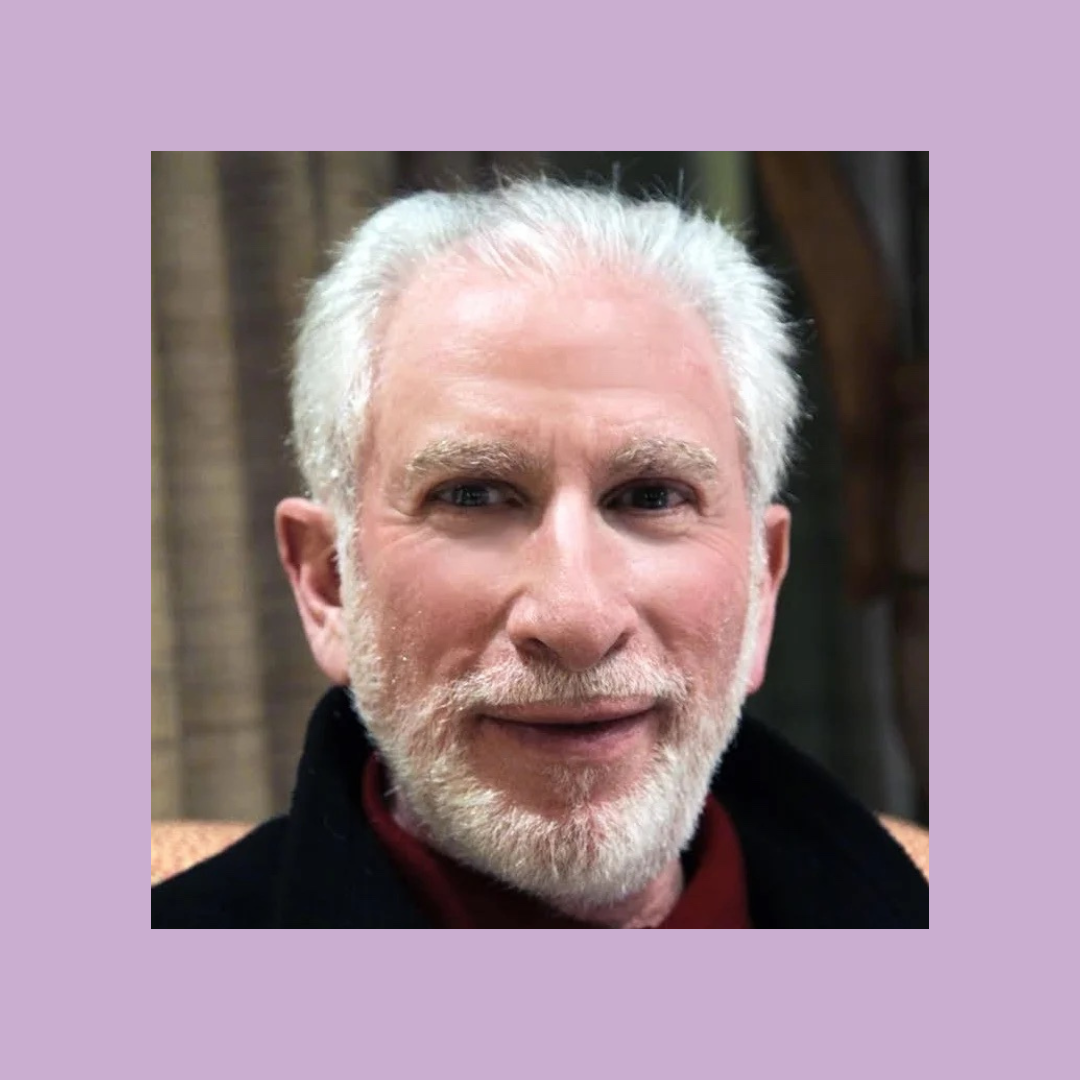Videos
Speakers

M. Daniele Fallin
@FallinDani
Chair, Department of Mental Health, Johns Hopkins Bloomberg School of Public Health
M. Daniele Fallin, PhD, studies how environments, behaviors, genetic variation, and epigenetic variation contribute to risk for psychiatric disease, with a focus on autism.

Briana Mezuk
@umichsph
Director, Center for Social Epidemiology and Population Health, University of Michigan
Dr. Mezuk is the Director of the Center for Social Epidemiology and Population Health and is an Associate Chair in the Department of Epidemiology at the University of Michigan School of Public Health. She is a psychiatric epidemiologist whose research focuses on understanding the intersections of mental and physical health. Much of her work has examined the consequences of depression for medical morbidity and functioning in mid- and late-life, with particular attention to metabolic diseases such as diabetes and frailty. She is also the Director of the Michigan Integrative Well-Being and Inequalities (MIWI) Training Program, a NIH-funded methods training program that supports innovative, interdisciplinary research on the interrelationships between mental and physical health as they relate to health disparities. She is committed to translating research into practice, and since 2013 has collaborated with partners at the YMCA on evaluating and augmenting their diabetes self-management programming to incorporate psychosocial aspects of health. Finally, she writes a blog for Psychology Today called “Ask an Epidemiologist.”

Courtney Thomas Tobin
@drthomastobin
Assistant Professor, University of California Los Angeles Fielding School of Public Health
Dr. Thomas Tobin is trained as a medical sociologist and use mixed-method and transdisciplinary approaches to examine psychosocial sources of risk and resilience and their impact on the psychophysiological health of Black Americans across the life course.
Summary of Research: A central focus of Dr. Thomas Tobin’s research is the conceptualization and assessment of race-based stress and coping experiences among the U.S. Black population. In one study, Dr. Thomas Tobin found that experiencing subtle or ambiguous discrimination increases Blacks’ risk of poor psychological and physiological functioning and may be more detrimental than more blatant discriminatory treatment. This work motivated the development of Dr. Thomas Tobin’s “Racial Self-Awareness Framework of Race-Based Stress, Coping, and Health,” which clarifies environmental, sociocultural, and behavioral health processes by spotlighting “racial self-awareness” (RSA), the heightened sense of awareness of one’s racial minority status within a majority context. Results from a recent qualitative study suggest that (1) RSA represents additional cognitive effort that is physically and emotionally taxing, (2) RSA shapes Blacks’ perceptions of and responses to general and race-based stressors, and (3) Blacks employ a range of behavioral coping strategies to reduce the strain of RSA.

Katie Wang
@YaleSPH
Assistant Professor, Yale School of Public Health
Dr. Wang’s research broadly focuses on the role of stigma as a psychosocial determinant of mental and behavioral health disparities among diverse marginalized populations. She received a K01 mentored scientist career development award from the National Institute on Drug Abuse to investigate the associations among mental illness stigma, emotion dysfunction (i.e., intense, prolonged negative affect and/or difficulties in regulating one’s emotions), and substance use among adults with depression. Some methodological approaches utilized to accomplish this research include psychophysiological assessments (e.g., heart rate variability, salivary cortisol) and ecological momentary assessment (e.g., daily diaries). Dr. Wang is also involved in a number of projects that examines the health inequities facing people with disabilities, including a mixed-method study on the mental health impact of the COVID-19 pandemic on the disability community.

Lynn Jolicoeur
@LMJolicoeur
Producer and Reporter, WBUR
Lynn Jolicoeur is a senior field producer, reporter and editor at WBUR. As field producer, she researches and writes host interview segments and feature stories on a vast array of topics for the signature early-evening news program, All Things Considered. Lynn also reports for the station’s local broadcasts (with some stories airing nationally on NPR, as well). She has developed beats covering mental health and homelessness, and most recently she’s reported on the pandemic’s impact on both. Lynn is particularly passionate about reporting on the issue of suicide. In 2015 she produced and reported a 15-part, yearlong series on the suicide crisis. She has reported in depth on efforts to end chronic homelessness and weaknesses in the system for sheltering and housing adults experiencing homelessness. Prior to working at WBUR, Lynn was a television reporter for 18 years – most recently at Boston’s WCVB-TV Channel 5. She covered areas from crime and the justice system to politics, medicine, and social issues.

Subscribe to PHC
Get the latest from Boston University School of Public Health



